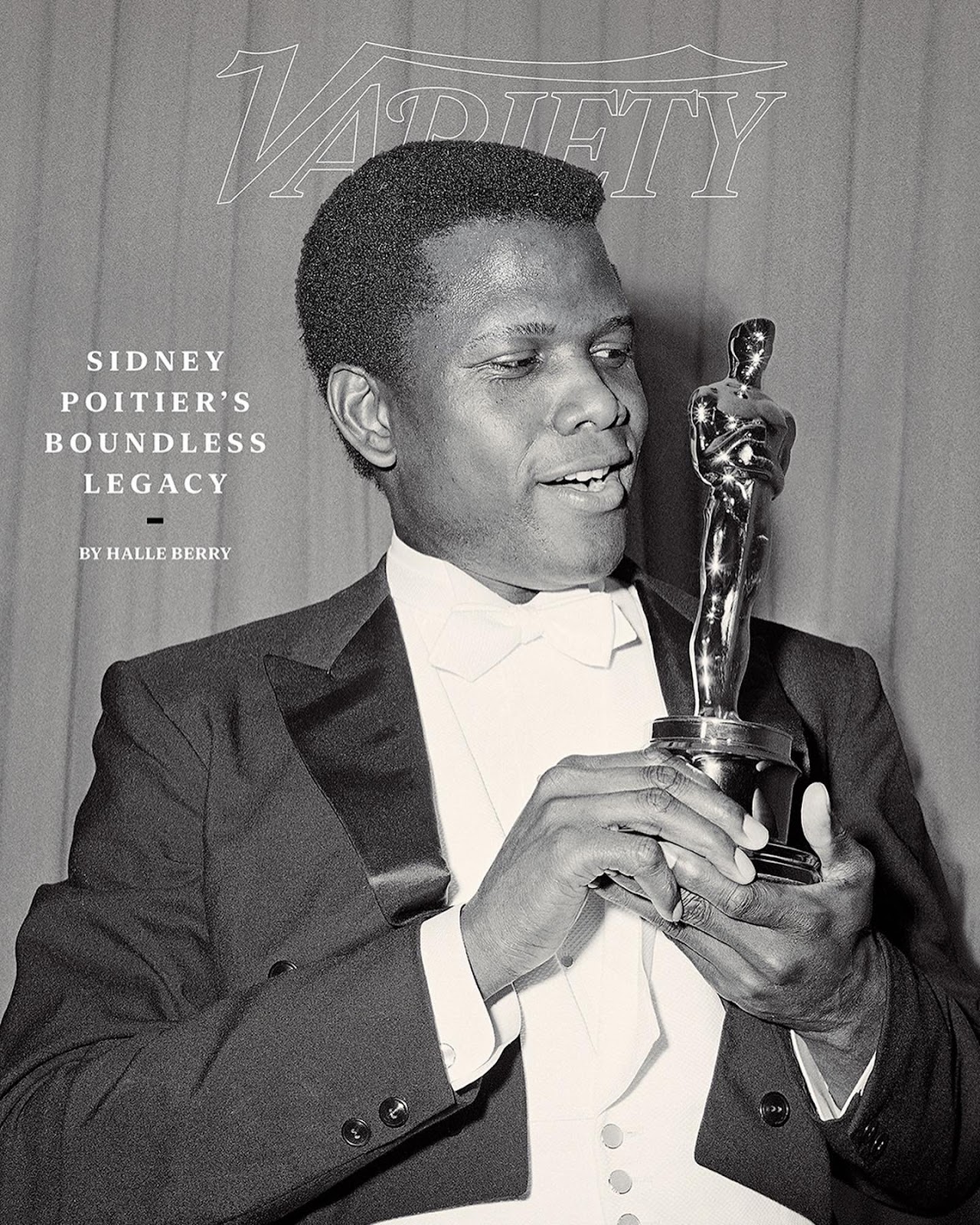As Halle Berry continues to film 'Our Man From Jersey' with Mark Wahlberg, the actress already has lined up one of her next gigs by signing on to star and executive produce the supernatural thriller 'Mother Land', for Lionsgate with Alexandre Aja on board to direct.
DEADLINE EXCLUSIVE: Oscar winner Halle Berry (Monster’s Ball) is set to star in thriller Mother Land for Arrival and Stranger Things outfit 21 Laps. Lionsgate will launch sales on the hot package at next week’s Cannes market.
Crawl, The Hills Have Eyes and Piranha 3D filmmaker Alexandre Aja is aboard to direct the feature, which will chart the story of a mother and her twin sons who have been tormented by an evil spirit for years. When one of the boys questions whether the evil is real, the family’s sacred bond is broken, and it becomes a fight for survival.
The film is expected to go into production next year, and international sales will launch this month in Cannes.
Producing for 21 Laps are Shawn Levy, Dan Cohen and Dan Levine. Genre specialist Aja will also produce. Berry and Holly Jeter will be executive producers. The script was written by Kevin Coughlin and Ryan Grassby.
Berry recently starred on John Wick: Chapter 3 – Parabellum and also made her directorial debut on boxing pic Bruised. She is in post-production on Netflix movie The Mothership.
Lionsgate’s Production President Erin Westerman said: “We’re so thrilled to be working again with Halle and Alex. Halle is a force on screen – she’s the perfect person to convey the psychological terror of this mother trying to protect her family. And who better than Alex to ratchet up the tension. Powerhouse producers 21 Laps are going to deliver an elevated thriller that will keep audiences on the edge of their seat.”
Lionsgate’s Cannes market slate will also include the Dirty Dancing sequel (more on that here) and the Hunger Games prequel. Berry is repped by WME. Aja is represented by WME, Industry Entertainment, and Hansen, Jacobson et al.



























![Frankie & Alice [Movie Poster]](http://i796.photobucket.com/albums/yy241/celebritybug/Ultimate%20Halle%20Berry/0_10f9c0_fd15ca44_XL.jpg)

















































